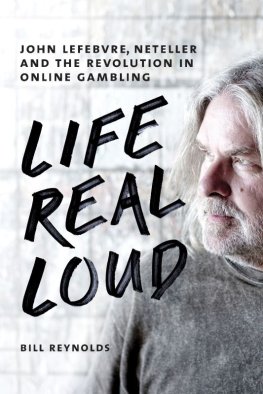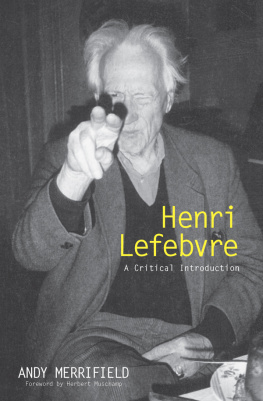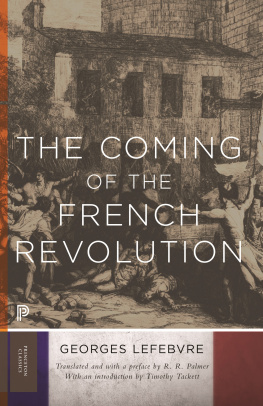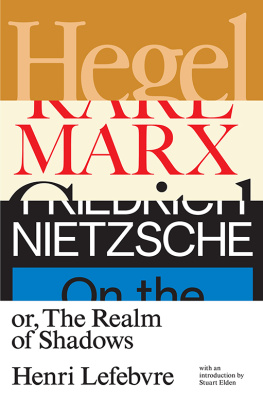
Life Real Loud: John Lefebvre, Neteller and the Revolution in Online Gambling
Fanfare for the Wanted Man
I was arrested at home in Malibu. I was just sitting down to drink my cup of tea, around nine in the morning, and the intercom rang. The lady from the FBI said, You have to come to the door immediately. I stood there, staring at the floor for a few seconds I was struck dumb a little bit and then went and answered the door. They came in and put me in handcuffs. They took me down the stairs to my dining room table and started asking questions. My cell phone started to go off I wasnt the only one.
Philanthropist John Lefebvre is driving his white Toyota Sierra SUV home. Were crawling in stop-and-start traffic, heading out of town. Lefebvre used to be a lawyer, and now hes an alleged money launderer and racketeer. What he wants to be is a professional singer-songwriter, which is why were on Santa Monica Boulevard. Hes been working on his first album at a studio called the Village Recorder for almost a month. A microdot of his cash is paying for the name producer, expensive studio, and top-shelf musicianship.
Lefebvre continues,
In the squad car on the way to the Municipal Detention Center in L.A., I phoned my manager but couldnt get hold of him. I got hold of my assistant. I said, Im in the custody of federal marshals, Im arrested on serious charges, I need help. I need you to talk to some lawyers for me. She was gobsmacked. We didnt know my lawyer Vince Marella then we followed recommendations that came to us through Neteller. My office in Calgary tried to get bail money, but then the bank said, Hey wait a minute, hes been arrested for money laundering can we give him his money? So, great, you mean Ive got $110 million in the bank and I cant get at a measly five million bail? You mean I cant even buy groceries?
Lefebvre is an old acquaintance from my University of Calgary days, in the late seventies. His pro bono advice once got me out of a jam. I hadnt seen him in twenty years and then read about him in the newspaper, about how he and another guy had founded a thriving internet company called Neteller and been arrested. And now, here I am, catching the tail end of his recording with a bunch of hotshot players, and listening to a wild and woeful tale.
Early evening L.A., with its potent mixture of smog and sun, is diaphanous and beautiful. As Lefebvre plays bumper cars with the busy eight oclock snarl heading out of town, he delivers his monologue about that fateful Monday morning over six months ago, January 15, 2007, when the FBI charged him with conspiring to transfer funds with the intent to promote illegal gambling. His music producer, Brian Ahern, sits up front, listening closely.
Lefebvre was in the Villages Studio D with Ahern all day, listening back to the various takes and laying down vocals. He also was watching session keyboardist Patrick Warren induce ethereal noises out of an instrument called the Chamberlin on a Brian Wilson song, God Only Knows, one of four cover versions chosen for the sessions.
Lefebvre can easily afford a famous studio and top-notch accompaniment. Just a few years ago, he became a rich man. In 2004, not long after a Calgary, Alberta, company named Neteller Inc. became an Isle of Man company named Neteller PLC, it began trading on the London Stock Exchanges Alternative Investment Market (AIM). The public offering was a huge hit: investors inhaled the stock. Lefebvres life until that point had been full of outside gambles and a refusal to settle for his default profession, the law. Then he experienced the kind of extreme windfall that our capitalist system usually doesnt make available to someone who has been scraping by for fifty years, except maybe through the long odds of a lottery ticket. His business partner, Stephen Lawrence, had found a seam in the online gambling business, an untapped vein, and Lefebvre had joined him to market the concept. The results were miraculous. To paraphrase Grantland Rice, its not how you won or lost, its how you facilitate the game.
People in the gambling business even functionaries such as Lefebvre and Lawrence, who provided the means for quick transfers of money between bookies and gamblers tend to prefer the cute moniker gaming to its harsher analogue. In this milder context, gaming refers to using an internet browser to visit an online gambling site and, using a credit card, bet on something like a Monday Night Football game. Netellers electronic wallet system made it much easier for gamblers and bookies alike to move money back and forth. Gamblers hate waiting, because all they want to do is gamble; bookies hate seeing their margin shredded by unscrupulous gamblers using fraudulent credit cards. Lefebvre and Lawrence figured out a way to make everyone happy. Neteller made a lot of money making everyone happy, including investors. Everybody was happy, except the U.S. government, which cried, Where the hells my money!? Mojo Nixon & Skid Roper used to sing that line in reference to the cutthroats in the music business who stiffed them out of gig money. The government felt the same way about upstart internet gambling moguls. The feds were especially interested in those companies whose operations were based outside U.S. jurisdiction, and where Americans placed offshore bets. U.S. money was leaving the country through this company or that and here was this small Canadian outfit acting as a two-way tollbooth.
Lawrence was CEO and Lefebvre was president of Neteller. Both owned significant percentages of the companys shares. Over time, when it became legal to do so, the pair divested from the company and cashed in most of their holdings. By 2006, they had resigned their positions and left the day-to-day running of the firm to others. They remained minority shareholders, retaining 5.5 percent and 5.9 percent of Neteller stock, respectively. In essence, they had done exactly what passes for normal in the internet age: grow a business, watch it become popular, harvest the profit, and then move on.
In Lefebvres case, he started to give it all away; in Lawrences, he moved on to a new venture. But three days after the United States Department of Justice (DOJ) simultaneously arrested Lefebvre at his U.S. residence in Malibu, California, and Lawrence in the U.S. Virgin Islands, where he and his family were on holiday, Neteller vacated the American market, kissing off sixty-five percent of its business. Its stock value plummeted, and Lefebvre lost at least $100 million.
We turn and head north on U.S. Highway 101, a.k.a. the Pacific Coast Highway, or PCH. Were heading toward Lefebvres home homes, actually in Malibu. While in town to produce Lefebvres recordings, Brian Ahern is staying at Malibu 1, the one Lefebvre bought for $5 million cash in 2004. For a couple of days Ill be staying with Lefebvre a few doors down, in Malibu 2. Lefebvre continues the story:
It took five or six hours to be booked, and then I was in jail for a few days. They kept me there while my office tried to work this thing out with the bank. Then I was supposed to appear in New York. I was put in shackles and leg irons, and put on a bus with other prisoners. After about three hours, they took us off the bus one by one and shuffled us across the tarmac and onto the plane.
About five or six hours in, people had to pee real bad. One by one we would be allowed to use the washroom. They wouldnt take the shackles off, so youd have to figure out how to do it. Needless to say, urination was the most you were entitled to. Wiping your ass with shackles that is a trick that cannot be learned.
Next page












